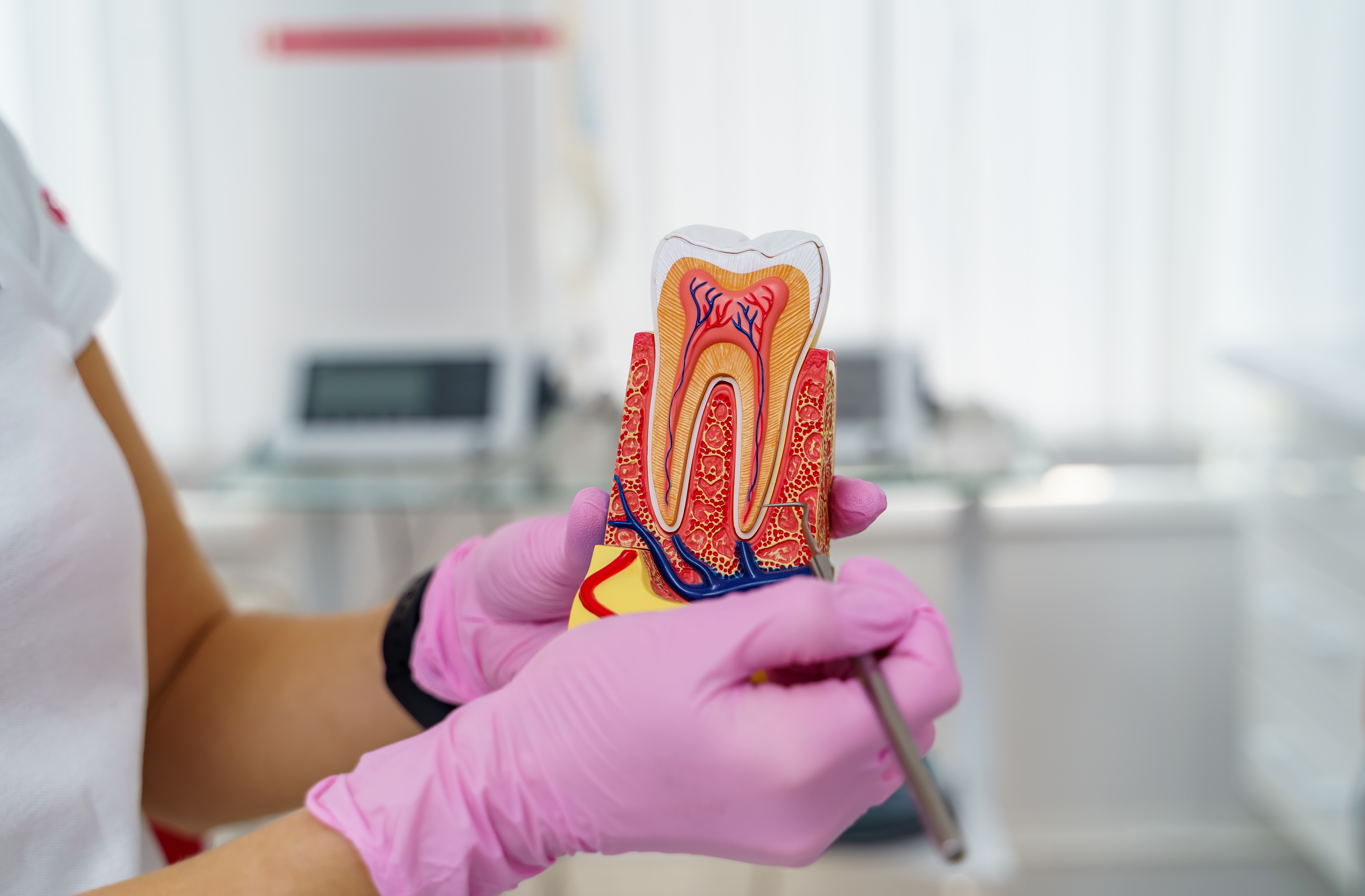 Have you lost one or more teeth and are you looking for options for replacing missing teeth? Read on to learn about available treatments. For many people, replacing missing teeth is more about their smile's appearance than anything else. Tooth loss, on the other hand, is more than an aesthetic problem. Losing one or more teeth has a broad range of consequences for your oral health, and waiting too long to replace missing teeth may exacerbate these issues. Therefore, it is critical to replace lost teeth as soon as possible.
Have you lost one or more teeth and are you looking for options for replacing missing teeth? Read on to learn about available treatments. For many people, replacing missing teeth is more about their smile's appearance than anything else. Tooth loss, on the other hand, is more than an aesthetic problem. Losing one or more teeth has a broad range of consequences for your oral health, and waiting too long to replace missing teeth may exacerbate these issues. Therefore, it is critical to replace lost teeth as soon as possible.
The importance of options for replacing missing teeth
Here are some of the repercussions of missing teeth on oral health:
Tooth decay
Plaque removal is tough at best, even with electric toothbrushes and dental tools. Missing teeth make brushing and flossing harder than usual, leading to plaque buildup and gum disease, tooth decay, and even further tooth loss.
Bone loss
The loss of a healthy jawbone is a significant issue associated with missing teeth. Teeth make biting and chewing possible, which help keep the jawbones strong and healthy. The jawbone will degenerate over time if missing teeth are not replaced. Generally, any other bodily component that is not functional will atrophy or degenerate, becoming smaller and weaker. This applies to any part of the jaw with missing teeth. Since the area where the tooth is missing is no longer stimulated by chewing forces, the bone height decreases over time.
Chewing difficulties
This is one of the most common side effects of losing molar teeth. If molar teeth are not replaced promptly, it may become challenging to chew on hard foods like nuts or crackers. Similarly, losing a front or incisor tooth may make biting food harder. The more lost teeth they have, the more patients rely on the remaining teeth, putting them under excessive pressure. One tooth is expected to perform the job of many missing teeth and therefore wears down faster than usual.
Nutritional deficiencies
Missing teeth make it harder to chew foods like fresh fruits, healthy grains, and lean meat, restricting one's diet. With a restricted dietary selection, the body begins to lack appropriate nutrients, leading to poor general health.
TMJ issues
The temporomandibular joints (TMJ) are the joints that link the jaw to the skull and aid in chewing. When a tooth is gone, biting and chewing patterns may change, triggering a chain reaction that can contribute to chronic and long-lasting headaches, gum disease, and, if left untreated, further tooth loss. Earache, popping, or a clicking jaw are all symptoms of TMJ dysfunction.
Misaligned teeth
Once there is space on the jaw, the surrounding teeth may move into the space, leading your teeth to become misaligned. The roots of healthy teeth may be compromised when they move into the gap. This may have an impact on the health and integrity of adjacent teeth, as well as lead to additional tooth loss.
In conclusion
It is important to replace missing teeth. The consequences of tooth loss on oral health are often more costly than tooth-replacement options. Contact our dental office today to schedule an appointment and discuss your options for replacing missing teeth.
Request an appointment or call Lalangas Family Dentistry at 972-534-6008 for an appointment in our Dallas office.
Related Posts
Dental bridges are one of the most preferred options for replacing missing teeth. As the name suggests, dental bridges bridge the gaps left by one or more lost teeth. This is a guide to your dental bridge options, types, and benefits.A dental bridge is a prosthetic bridge that replaces one or more missing teeth. It…
Participating in sports is a fun and healthy hobby, but it can lead patients to search for options for replacing missing teeth. Unfortunately, losing teeth due to a sports injury is common, especially in contact sports. Fortunately, there are solutions for restoring your smile.A single tooth replacement (crown), fixed partial or complete denture, or maxillofacial…
The bridge is a dental repair that is cemented in place and is used to replace missing teeth. It is done by attaching an artificial tooth definitively to an adjacent tooth, be it natural or artificial. In most cases, crowns are artificial teeth paired with bridges. They are usually made from porcelain or blended resin.…


